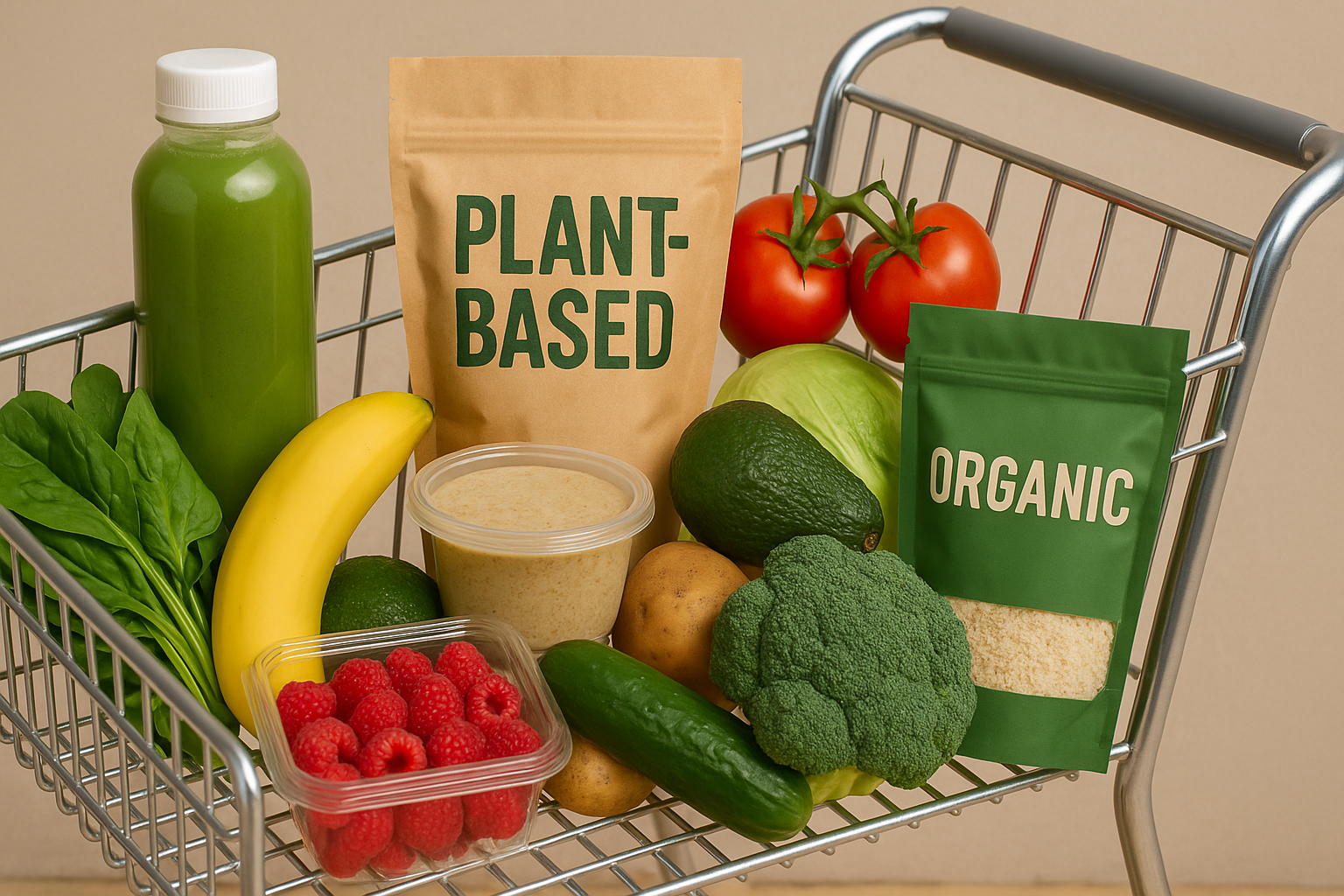New Rules: The UK’s Plans for a Healthy and Sustainable Food System
The winds of change are sweeping through Britain’s food and beverage industry, as the newly elected Labour government’s ambitious agenda takes shape. This isn’t simply a tweak to existing policies; it’s a renewed commitment to reshaping the food and beverage sector from farm to fork, prioritizing both public health and a more sustainable food system at large. But what does this change in legislation mean for the future of food and beverage companies operating within the UK and beyond?
Healthier choices for a healthier nation
A central pillar of this transformation is the government’s intensified focus on combating unhealthy eating habits. By cracking down on the marketing and promotion of High in Fat, Salt, and Sugar (HFSS) foods, particularly those aimed at children, Labour hopes to stem the rising tide of obesity and diet-related health issues in the country. The NHS Confederation and advocacy groups like Sustain have welcomed these measures, viewing them as crucial steps towards creating a healthier food environment in the UK.
The new government recently reaffirmed its commitment to banning the sale of energy drinks to under sixteens. And it seems the public is behind such moves. Around two thirds of the British respondents feel that more should be done to regulate the consumption of HFSS foods, including energy drinks, especially in children.
Supporting sustainable agriculture, cultivating prosperity
But Labour leader, and new Prime Minister, Keir Starmer’s vision extends beyond regulation. Starmer seeks to foster a thriving domestic agricultural sector that prioritizes sustainability. He announced that his government would commit to procuring 50 per cent of public sector food from UK farms, saying all produce would be produced locally and sustainably.
With new investments in infrastructure, technology, and renewable energy, the government aims to empower British farmers to produce high-quality, affordable food while minimizing their environmental footprint. This emphasis on local sourcing aligns with broader global trends, as evidenced by the European Union’s own ambitious initiatives to reduce packaging waste and promote a circular economy.
A global shift towards sustainability
The UK isn’t alone in its pursuit of a more sustainable food system. The European Union is also leading the charge with recently adopted measures aimed at reducing packaging waste. These regulations mandate a gradual decrease in packaging, with a 15% reduction goal by 2040. They also restrict unnecessary packaging, ban specific single-use plastics, and promote reusable and refillable options.
Additionally, the EU legislation emphasizes recyclable packaging, sets criteria for recyclability, and establishes minimum recycled content targets. It also aims to improve waste collection and recycling rates for beverage containers. These comprehensive measures signify a significant stride towards a more sustainable future for the industry, aligning with global efforts to reduce waste and environmental impact.
Industry and activist reactions
Labour’s proposed changes have garnered mixed reactions from industry experts and health advocacy groups. Organizations like the Obesity Health Alliance, Sustain, Action on Sugar, and Action on Salt have largely welcomed the focus on public health and sustainability. They see the regulatin on HFSS marketing and promotion as a crucial step towards tackling the obesity crisis and promoting healthier food environments.
However, some industry representatives have expressed concerns about the potential impact on businesses, particularly smaller producers who may struggle to adapt to stricter regulations. There are also debates about the effectiveness of certain measures, such as advertising restrictions, and the potential for unintended consequences.
Despite these differing perspectives, the overall sentiment is that Labour’s plans represent a significant shift in the right direction. The coming years will reveal the full extent of these changes and their long-term impact on the UK’s food landscape.
Implications for food and beverage companies
For food and beverage companies operating in the UK and the EU, these changes signal a clear need for adaptation and innovation. Companies will need to reassess their product formulations, marketing strategies, and packaging practices to align with stricter regulations and evolving consumer preferences.
The emphasis on healthier options will likely drive innovation in product development, with a focus on reducing sugar, salt, and fat content. Companies may also need to invest in reformulating existing products to meet new standards. Additionally, marketing and advertising will need to shift away from targeting children with unhealthy food promotions.
A fork in the road
The food and beverage industry is at a pivotal juncture. Increased regulations aimed at public health and environmental sustainability are ushering in an era of significant change. Companies that fail to adapt risk being left behind, while those that embrace these changes can position themselves as leaders in a new, more responsible food landscape.
The emphasis on healthier products demands innovation in formulation and a shift away from marketing tactics targeting children with unhealthy options. Sustainable packaging requirements necessitate investment in eco-friendly materials and processes, but also offer the potential for competitive advantage in a market increasingly driven by consumer demand for environmentally responsible products.
In this evolving landscape, success hinges on agility, innovation, and a commitment to both health and sustainability. Companies that embrace these principles will not only comply with regulations but also thrive in a market that increasingly values transparency, ethical practices, and a genuine concern for the well-being of both people and the planet.




